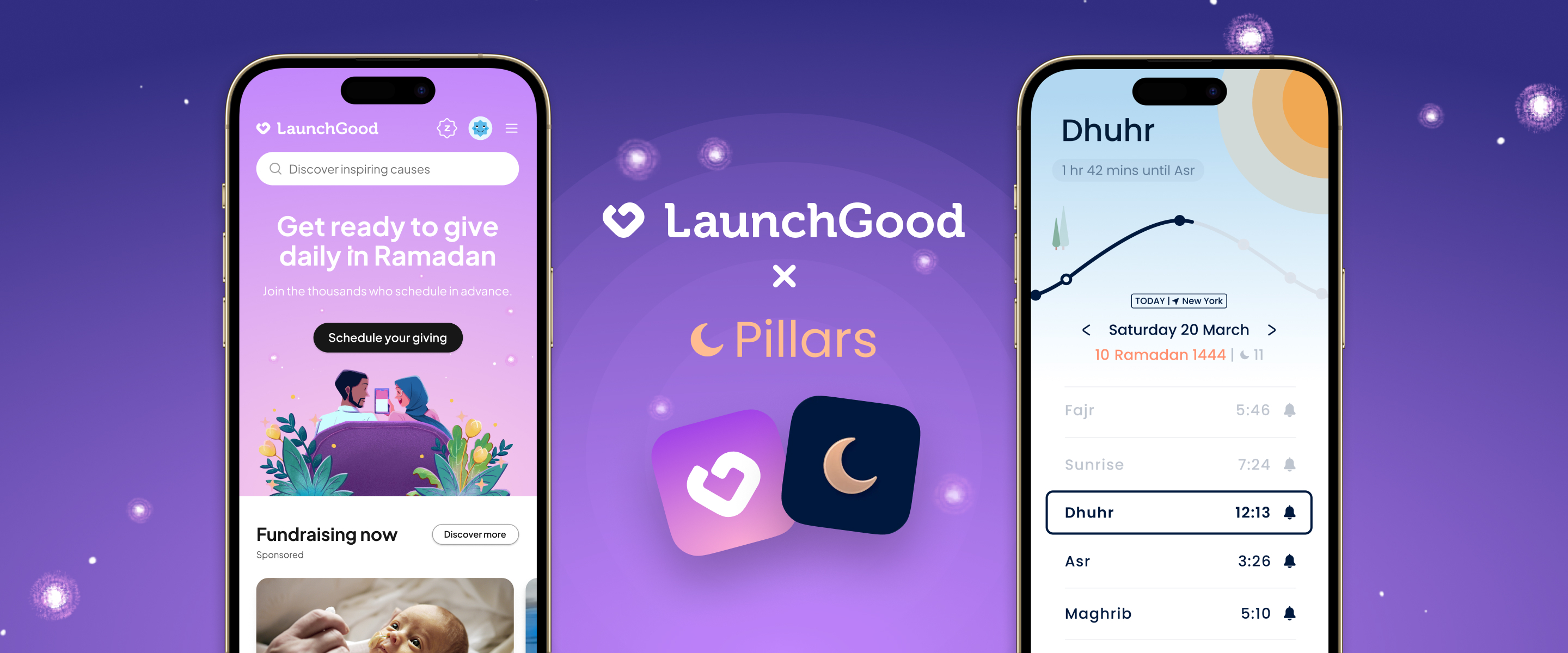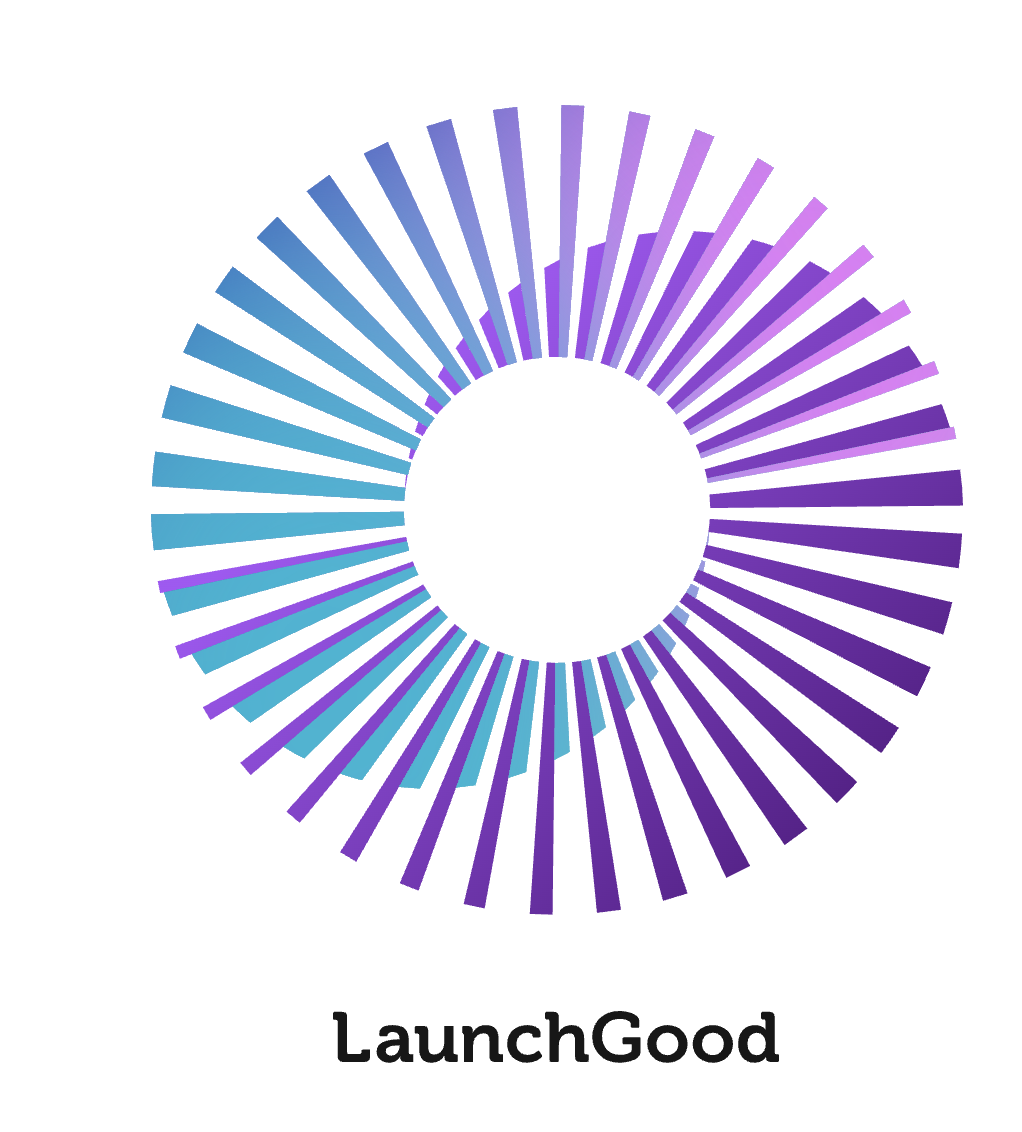Article Reference: IslamiCity
Zakat, one of the pillars of Islam, is based on the belief that natural resources must be made available to all creatures and human beings for their sustenance, nourishment, and growth. The Quran states that there is no moving creature on earth but its nourishment depends on Allah, who knows the time and place of its definite abode and its temporary deposit. The Prophet (PBUH)'s unshakable conviction, commitment, and total obedience to this system of Zakat led to the establishment of a universal, welfare-based economic system in Medina, which reached its pinnacle during Khalifa ‘Umar’s (R) time when it was said that hardly anyone needed charity.
The economic system of Zakat, grounded in the Qur’an, is unique, relying on the desire of individuals to uplift themselves morally and spiritually, not materially. Allah asks us for Sadaqaa (charity – voluntary giving), which is used to gradually change a wrong, unbalanced economic system (based on greed) to a balanced one that guarantees equal economic opportunities and protection to all. The rich are asked to give their surplus wealth back for the benefit of the poor and suffering—the ones who worked hard to create that wealth in the first place.
Quranic Teachings Guiding Us Towards A Better Life
The Quran recognizes that long-term or indefinite dependence of individuals and nations upon others invariably leads to degradation of the human self, loss of human dignity, and lack of human freedom and thought, all of which constitute human growth and development. The incentive for giving is the desire to receive some benefits in return, as no one wants to part with their hard-earned money without receiving some benefits in return. The Quran shows that only that system will stay forever which is beneficial to all of humanity.
There are two alternatives to working for one's benefit: the system in which everyone works for one's benefit cannot stay, and the system in which everyone works for the benefit of the entire humankind will stay forever. In the second system, individual benefits are not ignored. They just do not occur immediately or directly. The Qur’an calls this short-term gain or Mataa‘uddunya, while the long-term gain that comes to a person who has shared and circulated their worldly benefits with humankind is called the future benefit or Aakhira. This is also referred to as the life of the future or Ha-yaatul Aakhira, which includes the life after death as well.
Working for the benefit of humanity's future leads to the development and growth of the "self," an essential requirement for each individual's future journey. For this to occur, Allah-given resources must flow freely and nourish every human being on earth. Interrupting this flow from reaching some parts of humanity is like interrupting the blood flow from reaching some part of the human body, leading to death and destruction of the whole body.
The Quran teaches us to work for the good of this life and the hereafter, in contrast to the mindset of those who consider economic prosperity in this life to be an end in itself. According to the Quran, those who reject Allah will live at the animal level, enjoying the world and eating as cattle eat.
To truly follow the true system of Zakat, Muslims must practice the Sunnah of the Prophet (PBUH) and his companions (R) and follow the Sunnah of the Prophet (PBUH).
Find the full article and references here.
Keep up with LaunchGood for more insightful topics about the Muslim Community.
Check out our live campaigns for support.
Send Orphans and Children Back to School with Shaykh Yasir Qadhi
Urgent Appeal: Help Flood Victims in Sudan
End Hunger for Syrian Refugees through Waqf Bakery
Content creator




